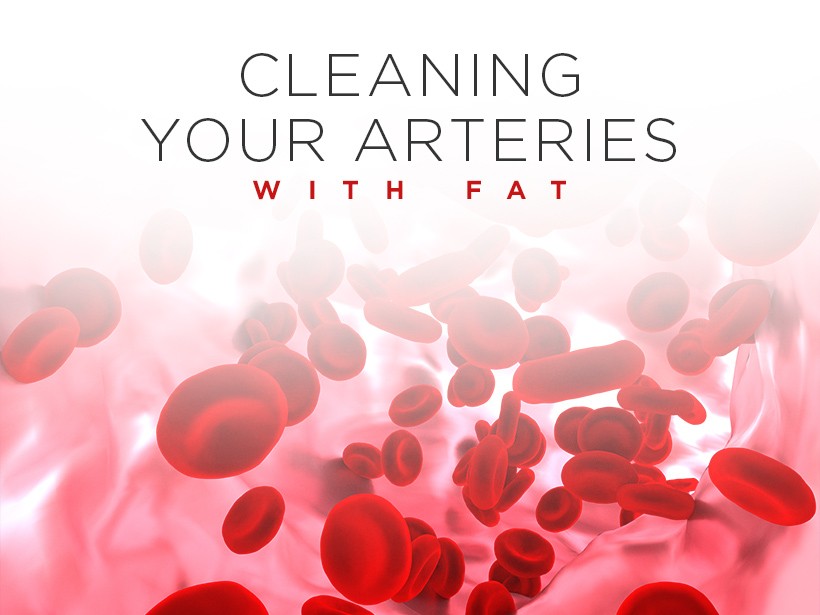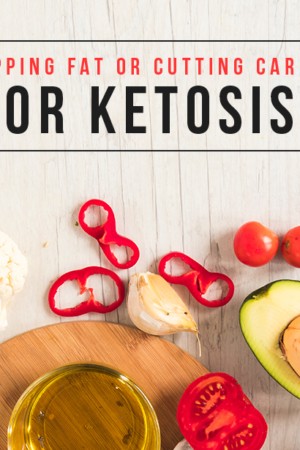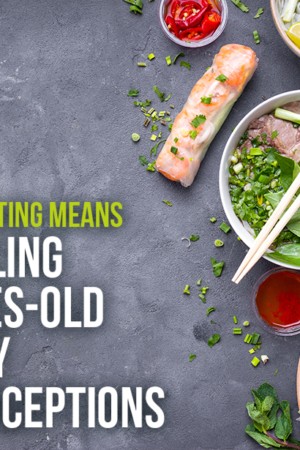There’s a reason why health nuts eat avocados. Their mono- and polyunsaturated fats work wonders for the heart, helping to clear away plaque buildup that results from too much cholesterol and fat in the arteries. Not all fats are created equal, and there are some that can fight off disease and improve well-being.
Heart-Healthy Fats
A diet high in trans fat and too much saturated fat contributes to fatty buildup in the arteries, but some fats can help reverse this process. Monounsaturated and polyunsaturated fats are critical to a balanced diet. They can help lower bad cholesterol while increasing good cholesterol and clearing away plaque along the artery walls.
Essential fatty acids like omega-3 and omega-6 also work to boost heart health and overall wellness. Consuming omega-3 increases good HDL cholesterol, while omega-6 has anti-inflammatory properties. The body doesn’t produce these fatty acids on its own, so it’s important to get them from food. Besides helping the heart, good fats boost brain function, help the body digest certain vitamins, and may even ease depression.
Best Foods for Good Fats
Fortunately, there are plenty of delicious ways to incorporate beneficial fats into every day. Olive oil is heart healthy and great for cooking. Fatty fish like salmon and tuna contain omega-3 fatty acids, which reduce the chances of getting heart disease¹. Plus, the protein and fat will keep hunger at bay. Some people might be hesitant to eat nuts because they provide a significant amount of calories for a small serving size. Yet nuts–almonds and walnuts in particular–are a stellar source of monounsaturated fat, which helps to keep arteries clean.
Eggs are another simple way to get some unsaturated fats, and there are tons of ideas on how to prepare them. More than half of the fat in an egg is the heart-healthy unsaturated kind, so enjoy an omelet with a side of avocado for a nutritious snack or meal. Cheese is another source of omega-3’s and omega-6’s.
Learning From “Blue Zones”
There are some parts of the world where people often live to be 100 and older. These places are called blue zones, and they might hold the secret to longevity. A key part of their lifestyle is diet. For example, the Seventh Day Adventists in Lomo Linda, California like to snack on nuts. A study revealed that they typically consume a serving of nuts five days a week and are 50 percent less likely to develop heart disease² than the average American. The people of Ikaria, Greece eat an abundance of cheese throughout the year, and their community is known as the “island where people forget to die.”
Take a cue from the blue zones and eat more healthy fats to lower cholesterol and even cut the risk of heart disease and stroke. People who follow these patterns of eating show fewer risk factors for cardiovascular diseases while enjoying great food. Moreover, consuming more fat and fewer carbohydrates can prevent overeating and lead to a leaner physique.
NUTRITIONAL DISCLAIMER
The content on this website should not be taken as medical advice and you should ALWAYS consult with your doctor before starting any diet or exercise program. We provide nutritional data for our recipes as a courtesy to our readers. We use Total Keto Diet app software to calculate the nutrition and we remove fiber and sugar alcohols, like erythritol, from the total carbohydrate count to get to the net carb count, as they do not affect your blood glucose levels. You should independently calculate nutritional information on your own and not rely on our data. The website or content herein is not intended to cure, prevent, diagnose or treat any disease. This website shall not be liable for adverse reactions or any other outcome resulting from the use of recipes or recommendations on the Website or actions you take as a result. Any action you take is strictly at your own risk.
- The Brain’s Role in Weight Loss - March 11, 2019
- Making Fat Loss EPOC - March 8, 2019
- Overcoming Plateaus - March 6, 2019




